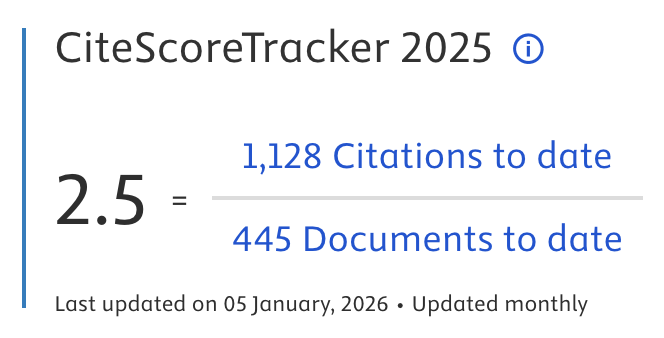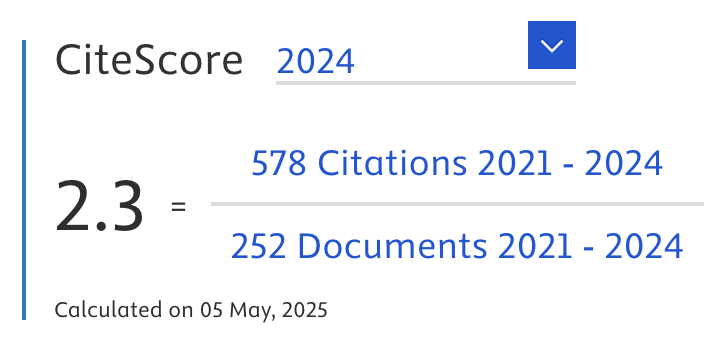Analysis of Transaction Data for Modeling the Pattern of Goods Purchase Supporting Goods Location
Abstract
Arlinda shop is a shop that sells daily necessities located in Salem, Brebes. Each day, this shop generates more and more data that is not used. The store layout which does not get enough attention will affect the level of sales. This study aimed to process the unused transaction data to obtain purchase patterns, some of the most frequently used algorithms were the apriori algorithm and FP-Growth algorithm to find relationship patterns, however, there was a technical constraint in the recommendation technique used which was frequently ignoring a large collection of items. To overcome this problem, the clustering process was carried out using the K-Medoids algorithm so that the association process became smaller. The test was carried out using RapidMiner with a minimum support of 10% - 30% and a minimum confidence of 70% and the results of recommendations for the layout of the goods with the highest lift ratio, namely if someone buys Nuvo BW then he buys pepsodent act, if someone buys wrapping papers then he buys mamy poko, and if someone buys cereal milo then he buys chitato.
Article Metrics
Abstract: 416 Viewers PDF: 219 ViewersKeywords
Association rule; Clustering; Purchasing Patterns
Full Text:
PDF
DOI:
https://doi.org/10.47738/jads.v1i2.54
Citation Analysis:
Refbacks
- There are currently no refbacks.

Journal of Applied Data Sciences
| ISSN | : | 2723-6471 (Online) |
| Collaborated with | : | Computer Science and Systems Information Technology, King Abdulaziz University, Kingdom of Saudi Arabia. |
| Publisher | : | Bright Publisher |
| Website | : | http://bright-journal.org/JADS |
| : | taqwa@amikompurwokerto.ac.id (principal contact) | |
| support@bright-journal.org (technical issues) |
 This work is licensed under a Creative Commons Attribution-ShareAlike 4.0
This work is licensed under a Creative Commons Attribution-ShareAlike 4.0





.png)